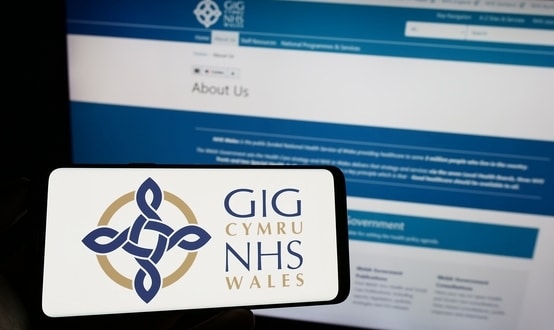Paying the price for success
- 26 November 2003
As the National Programme for IT (NPfIT) procurements approach their climax the final few weeks of negotiations appear to have centred on the relentless push from the centre to drive down prices for systems, software and associated services.
The challenge is to stretch to the limit the return on the £2.3 billion being invested nationally into the programme. With the bulk of new investment being dedicated to the national components of the programme, such as ‘data spine’, the NPfIT needs to sign deals with local service providers (LSPs) which ensure local NHS trusts are offered catalogues of accredited and interoperable services and applications at prices so low they’d be mad to not buy them.
In a 15 October interview with Computing magazine NHS IT director-general Richard Granger claimed that the national procurement would save the NHS £10 billion, compared to what the costs would have been of procuring IT locally.
Pricing then will be key both to how far the £2.3 billion of new investment in IT can be made to stretch; and just as important in convincing local trusts and PCTs to locally invest in the products and services each LSP will be offering in each cluster.
With first wave contract awards now due next week, with best and final offers for the second wave due by this Friday, the entire supplier community bidding for NPfIT contracts and work have apparently been splashing their pricing documents in red ink.
The big technology and integration firms leading the ten remaining local service provider (LSP) consortia, have been getting the treatment directly from the NPfIT. They in turn have been piling the pressure onto second, third and fourth tier suppliers to slash their prices.
One supplier this week told E-Health Insider that prime contractors were repeatedly coming back to his firm and insisting that they reduce their prices by another 40%, above and beyond the price reductions they had already quoted.
Nearer the top of the supply chain, among the assumed triumvirate of main clinical application vendors – Cerner, IDX and iSoft, the pressure being applied is proving particularly intense – as this is where the most expensive software licensing costs exist.
One industry source told EHI that in his view an absolutely central objective of the NPfIT procurement exercise had been to create a standardised market and provide the centre with complete transparency on the pricing of application providers in a way not previously possible.
Industry rumours strongly suggest that one clinical application vendor has so far travelled considerably further than its rivals in agreeing to the levels of discounts being demanded by the NPfIT. Sources also indicate that the remaining two application vendors have taken a more robust position on the value of their software, and been more resistant to the NPfIT’s suggestions that they aggressively discount prices further.
In part these differing stances on prices are based on differing levels of sophistication and of functionality of the applications being offered. Further major factors include the potential impact on vendors in markets outside the UK; together with the historic levels of investment they have committed to developing systems.
Price alone, though, will not be the only criterion on which contracts are awarded. The adage that ‘you get what you pay for’ seems to have applied to the NPfIT’s award of the contract for e-booking. According to a 4 November, Computer Weekly report the e-booking contract awarded in October to Schlumberger-Sema, offering a Cerner solution, was worth £64.5m compared to the £35m price from rival bidder Fujitsu.
The degree of risk firms are willing to take on is also understood to be a key criterion; as is their ability to offer solutions that are ‘market referenceable’, that is the ability to show they have already delivered elsewhere what they say they can to the NHS.
Exactly how the NPfIT has decided to strike the balance between risk and price on the five key LSP contracts should soon become apparent.




